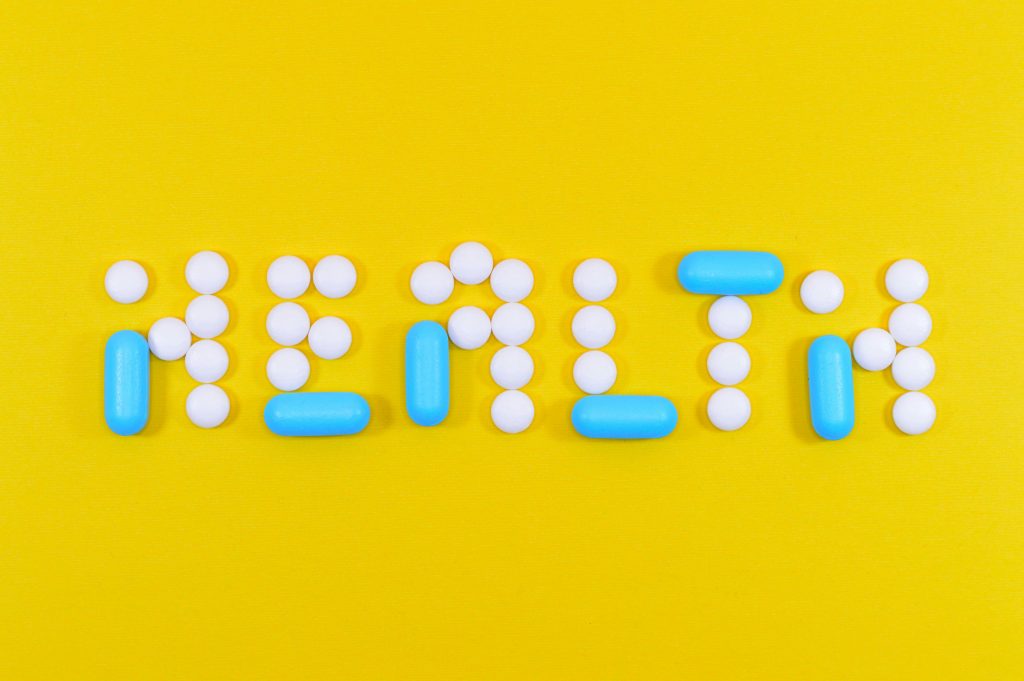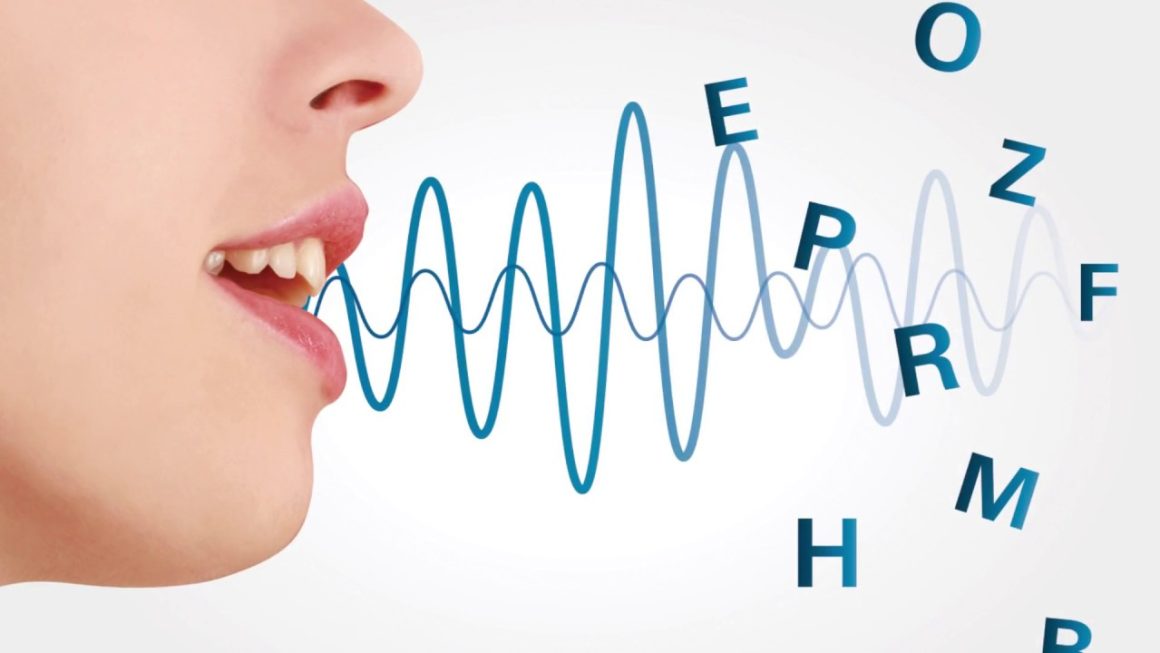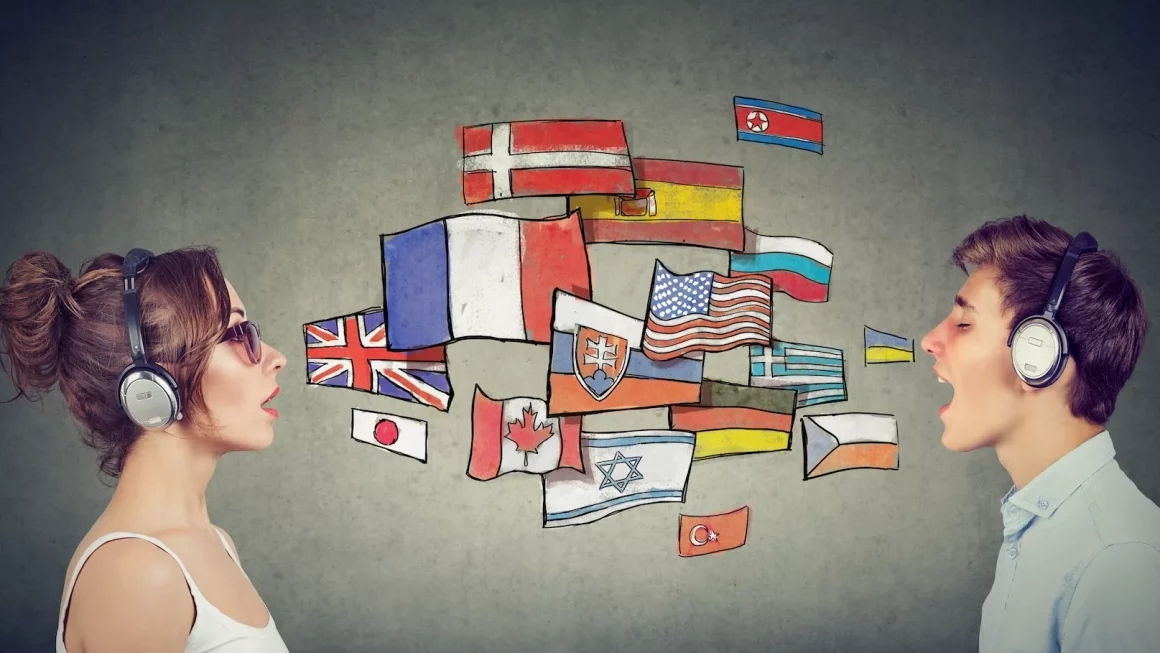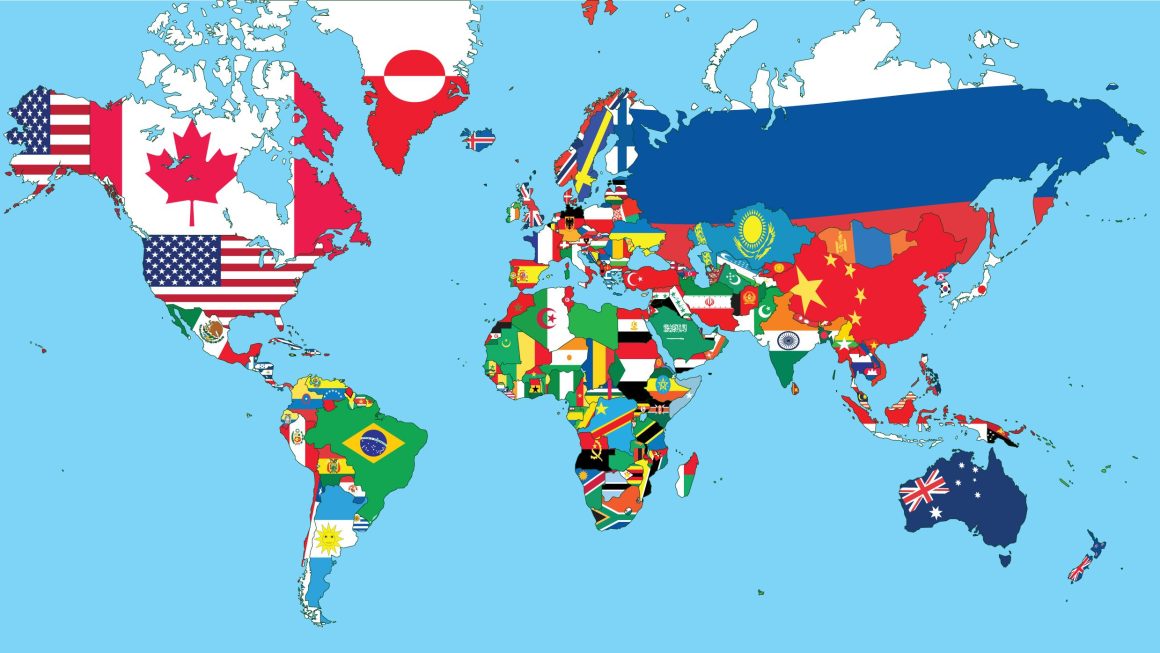As healthcare globalizes, medical translation services are hugely in-demand. With rising worldwide collaboration and diverse patient populations, conveying health information accurately is crucial. This steadily increases requirements for qualified medical interpreters and translators.
Expanding Global Research
Progress in medical science depends greatly on specialists across borders sharing findings. Researchers working internationally must communicate intricate concepts precisely. Flawless translations are essential to enable smooth cooperation on trials, studies and innovations. For instance, over 3,500 clinical trials today have sites in multiple countries.
Serving Multicultural Populations
Additionally, diverse communities within countries require caring, culturally sensitive communications. Minorities struggle to access quality care if materials appear exclusively in dominant languages. This language gap can jeopardize patient safety and care quality. The US Department of Health and Human Services actually designates language access “a right” to prevent discrimination. Using certified medical translators and interpreters assists providers in compassionately serving all people.
Boosting Patient Understanding
Likewise, the complex details in diagnoses, procedures, prescriptions, and aftercare instructions can overwhelm patients. Yet grasping and following medical guidance is vital for healing. Professional translation clarifies terminology in patients’ native languages, empowering them to manage conditions and improve outcomes. For instance, precise interpretations reduced one US public hospital system’s readmission rates by up to 50%.
In the age of globalization and large-scale migration, it is especially important to ensure the understanding of patients who speak other languages. Machine translation systems allow for easy communication, for example, if you need to talk to a patient from India, you can use a mobile application based on neural translation https://lingvanex.com/translation/english-to-telugu for easy communication. You just need to say a phrase and the app will translate it into Telugu and pronounce it in the same language.
Meeting Regulatory Standards
Also, regulated activities like pharmaceutical trials and approvals mandate extremely accurate, verified translations. For example, over 200 languages are represented in FDA drug approval submissions. Even minor translation inaccuracies on labels or in patient consent forms can have dire consequences. Employing specialist translators fluent in medical and regulatory vocabulary is thus essential for global initiatives to meet legal duties.
Rising Investment in Solutions
Amidst all these factors, healthcare sectors increasingly invest in quality translation services to erase language obstacles. 90% of hospital leaders in one international survey named improving interpreted interactions an important goal. The US market for healthcare translation services alone could reach $2.67 billion by 2027. Governments also back legislation and programs enabling linguistic access to care.

Evolving Technology’s Role
Advancing technology like machine learning algorithms and mobile apps support medical linguists as well. However, automation still lacks the subtlety and specialized insight needed in high-stakes health contexts. Hence, expert human translators and interpreters remain irreplaceable. Nonetheless, sophisticated tools make cross-language communication more efficient. This increases medical translation’s capacities to serve soaring global demands.
Meeting Urgent Needs
In summary, intersecting healthcare trends internationally and in multicultural communities drive skyrocketing needs for qualified medical translation. As volumes and complexity of vital health materials requiring linguistics mastery grow, so does the importance of specialized medical translators and interpreters. Advanced machine translation technology can help meet some of these translation needs, but human expertise is still essential for accurate and nuanced conversion of medical terminology and concepts between languages. Meeting escalating demands calls for dedicated training programs producing more experts fluent in healthcare’s intricate language. Leveraging machine translation as a tool (like https://lingvanex.com) while relying on skilled human translators and interpreters, medical communication can become more effective and widespread. With wise preparation and utilization of technological advances alongside human specialization, expert medical translation can empower patients, providers, and researchers everywhere.




